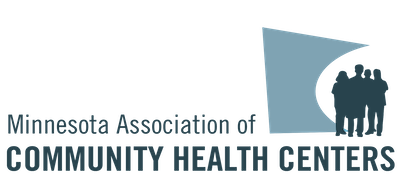
Why Work in a Community Health Center?
Join a team of health professionals, community members, and patients working together on effective, long term, community-based solutions for meeting primary health care needs in medically-underserved areas and among populations suffering from health disparities.
Funded in part by the federal Health Services Resources Administration, CHCs are unique in three ways:
Universal Access: Anyone can receive care at a CHC regardless of income or insurance status through a sliding-fee scale based on income.
Cost Effectiveness: CHCs focus on primary and preventive health care including patient education and support. Services include medical, dental, and behavioral health care, with support services to reduce barriers to care (translation & bilingual staff, transportation, assistance with insurance eligibility, low-cost pharmacy programs).
Community Accountability: Each CHC is a non-profit governed by a Board of Directors that draws at least half of its board members from the patients who use the services of the health center.
-
Provide quality health care to underserved populations.
Reduce health disparities among those experiencing barriers to health care.
Conduct outreach to community members who don’t traditionally come in to clinics.
Work in an organization with focus and support for accomplishing these goals.
Take advantage of growing opportunities for professional growth.
-
Federal and state programs provide scholarship and loan repayment programs for many health professional occupations. Working at a CHC meets eligibility requirements for these programs.
National Health Service Corps Scholarship Program
National Health Service Corps Loan Repayment Program
Nursing Education Loan Repayment Program
Minnesota Department of Health State Loan Repayment & Forgiveness Programs
-
Association membership in the Institute for Clinical Systems Improvement available.
Internal quality programs supported through Health Services Resources Administration.
Clinical quality focus on preventive care & chronic disease management.
Statewide quality reporting & benchmarking.
Facility standards reviews and/or accreditation by Joint Commission for Accreditation of Healthcare Organizations.
-
Competitive salaries & benefits.
Professional malpractice coverage (FTCA) for employees of CHCs that receive federal funds under Section 330 of the PHS Act.
Statewide association of CHCs for peer networking and sharing best practices.
Training & technical assistance on health care reform issues.


